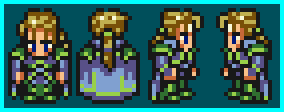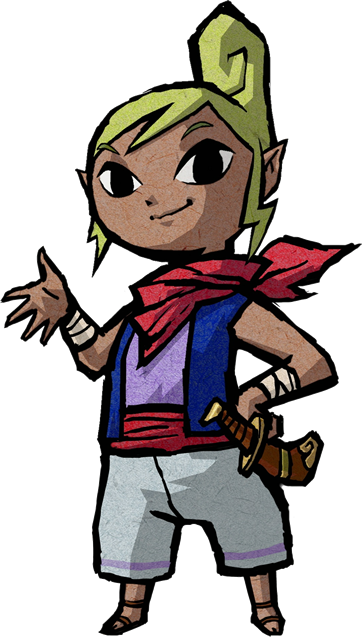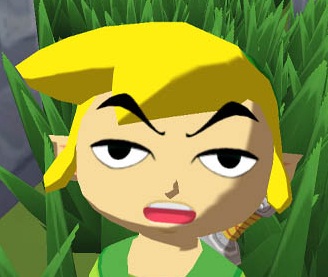One of the issues when talking about women and gaming is media in general, and games particularly, have trouble portraying women in a way that's not stereotyping, short-sighted, or otherwise problematic. Some do better than others, though, and I'd like to talk about some representations of women in games that, while not perfect, do certain things well, avoiding common mistakes and generally writing women that behave kind of like, you know, people.
Terra and Celes, Final Fantasy 6
| Pictured: Terra. |
But! Final Fantasy 6 does really well, I think, through a couple of its main characters. The player begins the game as Terra, a part-magical-being-part-human woman who spends a lot of the game trying to figure out what of her emotionlessness is due to being half-monster and what is just due to being a Final Fantasy character. She struggles especially with love, wondering why she isn't attracted to any of the super-sexy male characters.
 |
| Mmm. |
Celes begins the game as a military general for the evil empire (evil, because empire) but changes her mind to support the heroes and pursue a romance with the main(est) male character, Locke. In the middle of the game, when everyone gets separated after a worldwide calamity, Celes is the first person able to get it together enough to search for everybody, reuniting them so that they can take on the big baddy at the end of the game. And, yeah, she has a male love interest, and though they stay romantic partners throughout the game, you don't actually need to collect Locke to beat the game (if I recall right - feel free to correct me on that). These two characters drive the plot forward not by being objects or by being love interests, but by having goals, ambitions, and initiative, and it's something I've always enjoyed about this game over others in the franchise.
Alexandra Roivas, Eternal Darkness: Sanity's Requiem
If you missed Eternal Darkness: Sanity's Requiem, you missed out. It's a survival-horror game in the tradition of H.P. Lovecraft tales, where you follow about a dozen characters across four locations and two millennia to uncover an unspeakable horror's slow plot to unleash itself on mankind. So, business as usual. Tying the threads together is Alex, a modern-day woman investigating her grandfather's mansion after his untimely demise and piecing together the stories of the other characters.
 |
| This is her "Not having any of your BS" expression. It is her only expression. |
Tetra, The Legend of Zelda: The Wind Waker
Ok, spoilers, etc., but really if you haven't played Wind Waker by now you're letting yourself down.
 |
| Pirate-form Tetra. |
Tetra is a counterpoint to Link, taking care of some of the more practical considerations during his quest and bailing him out on more than one occasion when his courage gets in the way of proper decision making. Even in the final fight scene, Tetra and Link have to work together, with him distracting Ganondorf as she takes shots at him, and vice versa.
 |
| so happy this picture exists |
So! If we were really going to take this apart in a feminist reading, there are clearly objections you could make to any of these characters. But in general, what makes them work is pretty simple: they have agency and goals beyond fulfilling stereotypes. That's all! In practice there are complications because as people who consume media, we have ideas about what tropes and character archetypes make for a compelling story - but those archetypes can be problematic, and reexamining them can help keep characters feeling more fresh, relatable, and realistic.
Do any of you have examples of favorite female characters? Or, as an alternative: favorites characters of any kind that's often presented either unfavorably or unrealistically?
Do any of you have examples of favorite female characters? Or, as an alternative: favorites characters of any kind that's often presented either unfavorably or unrealistically?

Your talk of Tetra made me think of how interesting Impa was in Skyward Sword. At the end of the game, she has been both an active character (story-wise) moving through the world with her own agenda and a passive do-nothing who stays in one room... simultaneously!
ReplyDeleteThis comment has been removed by the author.
ReplyDelete